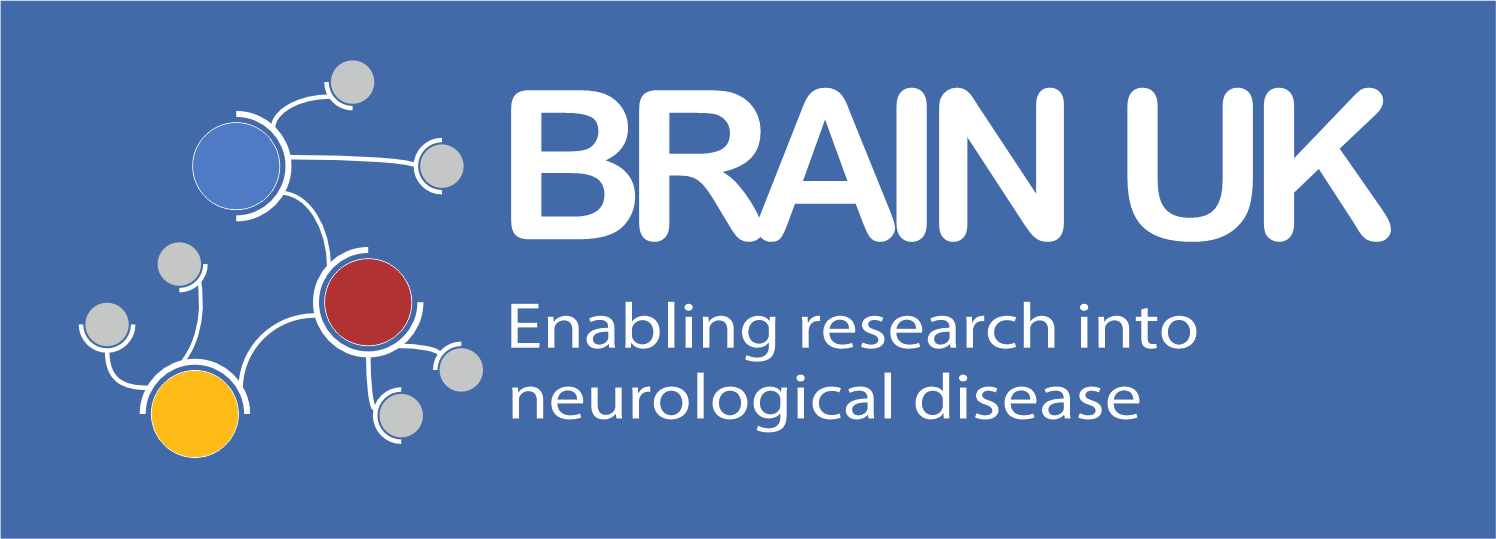
Brain UK study ref: 23/002,
Lay summary,
Project status: Active
Juvenile Dermatomyositis Cohort and Biobank Study
Prof Lucy Wedderburn, UCL GOS Institute of Child Health and Dr Ashirwad Merve, Great Ormond Street Hospital NHS Trust
Juvenile dermatomyositis (JDM) is a rare autoimmune condition in which the body’s defence system (designed to stop infections) attacks muscles and skin leading to muscle weakness and skin rashes. Treatments used in JDM suppress the body’s defence system, but do not work for all patients and can cause unwanted side effects. If we could understand exactly which part of the body’s defence system was going wrong, it would help us target with more effective medication. We have examined genes (the human code) and the pattern of expression of these genes in immune cells in blood from JDM patients compared to agematched healthy controls. We discovered that genes that code for mitochondria (the ‘powerhouse’ energy producers of the cell) were less active in JDM patients (even those already on strong treatment compared to healthy children of the same age). We also found that markers of inflammation were more switched on in these same JDM patients. We now aim to see if the mitochondrial genes are less active, or their expression is altered, in muscle of JDM patients compared to control patient muscle and explore other gene sets that are changed in JDM muscle compared to control muscle. We believe that these discoveries will allow us to look for new and very specific drugs to improve the treatment of JDM.
